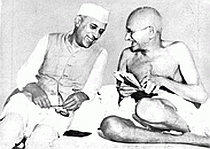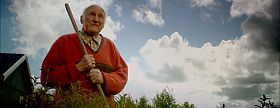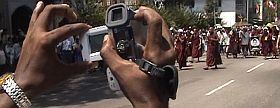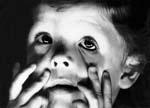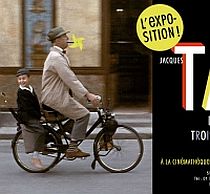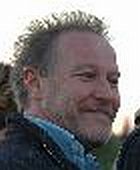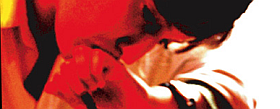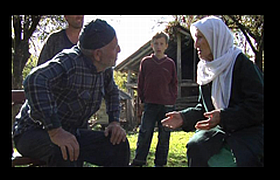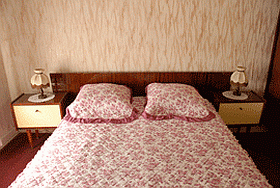Jakob Høgel, leder af New Danish Screen, havde inviteret til møde om ordenes genkomst i dokumentarfilmen. Jeg havde på invitationen forstået at temaet, som skrevet i indbydelsen, var kommentarens genkomst men kun én af filmene levede op til denne overskrift nemlig et filmprojekt af svensk-finske Olavi Linna, som viste et klip fra sin film-på-vej og talte om hvorfor og hvordan han havde arbejdet med sin første-persons tekst. Det så spændende ud og lød spændende med denne nok en historie fra en lille finsk provinsby.
JH indledte med at sige at kommentaren i mange år havde været væk fra dokumentarfilmen, det havde nærmest været et princip at ville lade billederne ”tale for sig selv”, kommentar det er tv og talking-faces kan vi ikke lide. JH har ret i at det har været og stadig er en holdning, der er udbredt og jeg ville have elsket at have hørt og set flere eksempler på hvordan den personlige kommentar kan laves eller hvordan den mere anonyme og informative kommentar kan udformes. Nå, men vi har jo stadig fremragende eksempler at holde os til: Jørgen Leth og Jon Bang Carlsen. Sidsnævnte har i sine sidste film bestandigt kæmpet for at finde den rette tone og balance, og han gør det for mig blændende i ”Purity Beats Everything”. Men apropos den fine serie i Cinemateket i maj måned, hvor er den film som f.eks. tager digtet ind som i ”Night Mail” fra 1936.
To andre eksempler blev præsenteret med ordet i centrum. Simon Lereng Wilmont viste nogle klip fra en film-på-vej om en ung forfatterspire i bar overkrop med øldåser stillet op bag sig. Det fik jeg ikke noget ud af. Til gengæld vakte Birgitte Stærmose debat, da hun præsenterede sit filmprojekt ”Ønskebørn” fra Kosovo. Hendes film kommer til at bygge på tekster som gadebørn i Kovoso fremsiger, tekster der har været igennem forfatteren Peter Asmussens redigering. Stærmose pitchede desværre sit projekt ved at vise castingsekvenser og ved at fortælle om alt det, hun ikke ville, ”jeg er ikke dokumentarist, jeg vil gerne kontrollere”, hvor hun jo bare lige ud ad landevejen kunne have fortalt om sin metode, som der ikke er noget specielt ved, hun lægger ord i munden på børnene for forhåbentlig at opnå en klarhed, som den observerende dokumentar ikke kan ramme. Pointen er at ordene sådan set stadig er børnenes og stammer fra de interviews hun har lavet. Med lidt pitch-træning kunne debattten have været meget mere interessant.
Foto fra ”Side om Side”, vist på Dok Dag, instruktion: Christian Sønderby Jepsen, New Danish Screen.



